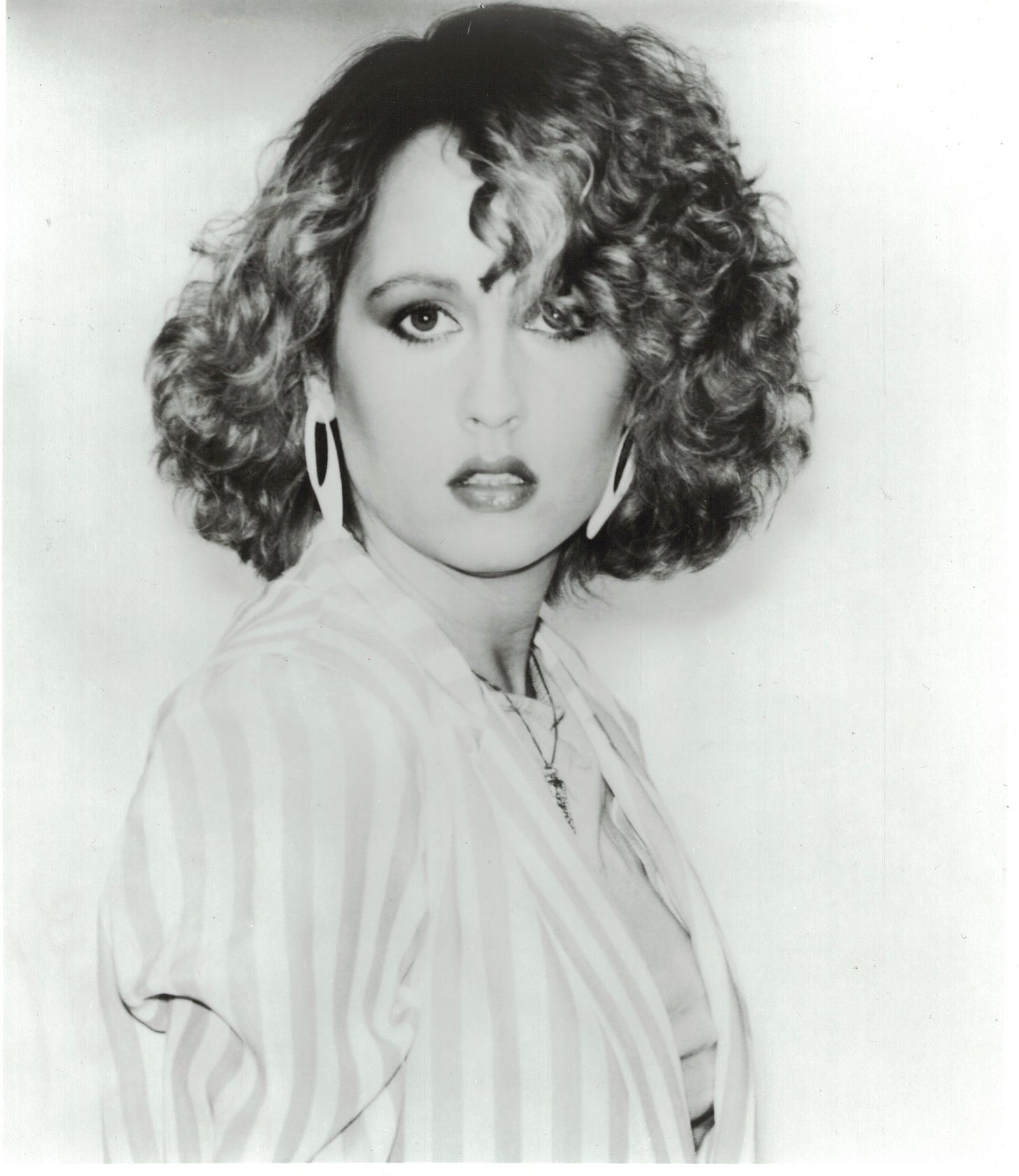Cultivating Blackness: A Conversation About Teena Marie
In a new podcast episode, Tim and music critic Craig Seymour discuss the music and cultural impact of the late singer/songwriter/producer/poet.
Earlier this month, renowned soul music journalist/historian David Nathan asked me if I’d write an article for SoulMusic.com about my personal experience with the music of Teena Marie. I had no idea how that article would turn my month around and further crystalize my focus on how to write my book about the evolution of contemporary gospel. I’m so grateful to David for the opportunity to share this part of my life and to pay homage to this artist who touched me in such a profound way.
Here’s an excerpt:
I’ve never been the kind of listener who enjoys music as something that simply plays in the background. In my experience, music has always been a central, always-present element essential to my own evolution. As a child growing up in St. Petersburg, Florida, I was raised in the church with little exposure to what they called “secular music.” I spent the first fifteen years of my life learning about my spirit through gospel music, but I had not learned about how my spirit and body connected. We were taught that our “flesh” was wicked and that our sensual desires were representative of the sin embedded in the flesh. Church rhetoric told us to “kill our flesh,” a stark and deeply disturbing way of articulating the struggle between the body and the spirit.And then I heard Teena Marie. (Click here to continue reading on SoulMusic.com)
Shortly after the article went public, the great Craig Seymour asked me to join him on his podcast to discuss Teena’s work. You can hear the result, “Cultivating Blackness: A Conversation About Teena Marie,” here. I highly recommend subscribing to Craig’s Substack and, of course, reading his biography of Luther Vandross!
The conversation with Craig covers a lot of territory and a lot of Teena’s music, but I wanted to share here, for any who have never ventured into Teenaland, five songs I’d suggest starting with.
Don’t Turn Your Back On Me (Acoustic Demo, First Class Love: Rare Tee, 1976)
Recorded June 20, 1976, years before her 1979 debut Wild & Peaceful, “Don’t Turn Your Back On Me,” to me, is a key component to understanding Teena’s work. In a 2004 interview with Sister 2 Sister magazine, Teena shares the story of introducing her father to a man she’d hoped to marry. “We were 19 and 20 and my family at that particular time was not at all with the Black and white thing. We were very much in love. When I introduced him to this man, [my father] didn’t even shake his hand. My father had a heart attack. Some of the people in my family said I killed my father and it sent me into a really bad mental thing.” In the posthumous collection, First Class Love: Rare Tee, Teena’s best friend Mickey Boyce wrote that “Don’t Turn Your Back On Me” “was written for her father, although Lady was creative in making it seem it was above two loves. The song was hard for Lady to do because her father died of a massive heart attack right after she wrote it. But she gathered herself to record it twice.” The song indicates the early seeds of Teena’s lifelong quest to reveal her most personal and vulnerable experiences in song in a way that wasn’t so personal that the listener couldn’t relate, but that pulsed with such intensity, the listener couldn’t help but feel connected to her.
2. Batucada Suite (Emerald City, 1986)
At the center of Teena’s work is, always, homage—something pointing the listener back to the source(s) of her inspiration. “Batucada Suite” celebrates an international, intergalactic range of rhythms and sounds from her often-misunderstood Emerald City album. Many critics felt the album was all over the place stylistically, but all it takes is a singular listen to “Batacuda Suite” to understand…that’s exactly the point.
3. If I Were a Bell (Ivory, 1990)
With a title taken from a song in Guys & Dolls, Teena constructed something entirely new. In this live performance on BET’s Video Soul, Teena reimagines the song from the synth-heavy studio version, into an acoustic piano-based torch song, raising a gospel glory-hand mid-way. “If I Were a Bell” blurs the line between the sensual and the spiritual in the way that only she could.
4. Recycle Hate to Love (La Doña, 2004)
The last chapter of Teena’s work is sadly under-evaluated. This gem from her 2004 comeback album, La Doña (on Cash Money Classics), is one that reflects Teena’s political and prophetic insights. Like one of her major influences, Marvin Gaye, she warns of both environmental and humanistic destruction, grieving the state of the world. It seems even more on point today than it did in 2004.
5. Square Biz (It Must Be Magic, 1981)
I try to avoid naming the “biggest” song in any of my lists, but in Teena’s case it’s impossible to not name “Square Biz” as a starting place. First, Teena is known for having entirely memorable bass lines and “Square Biz” is no exception. But, second, “Square Biz,” was the first song that gave listeners a real glimpse into the inner-workings of Teena’s identity and spirit.




